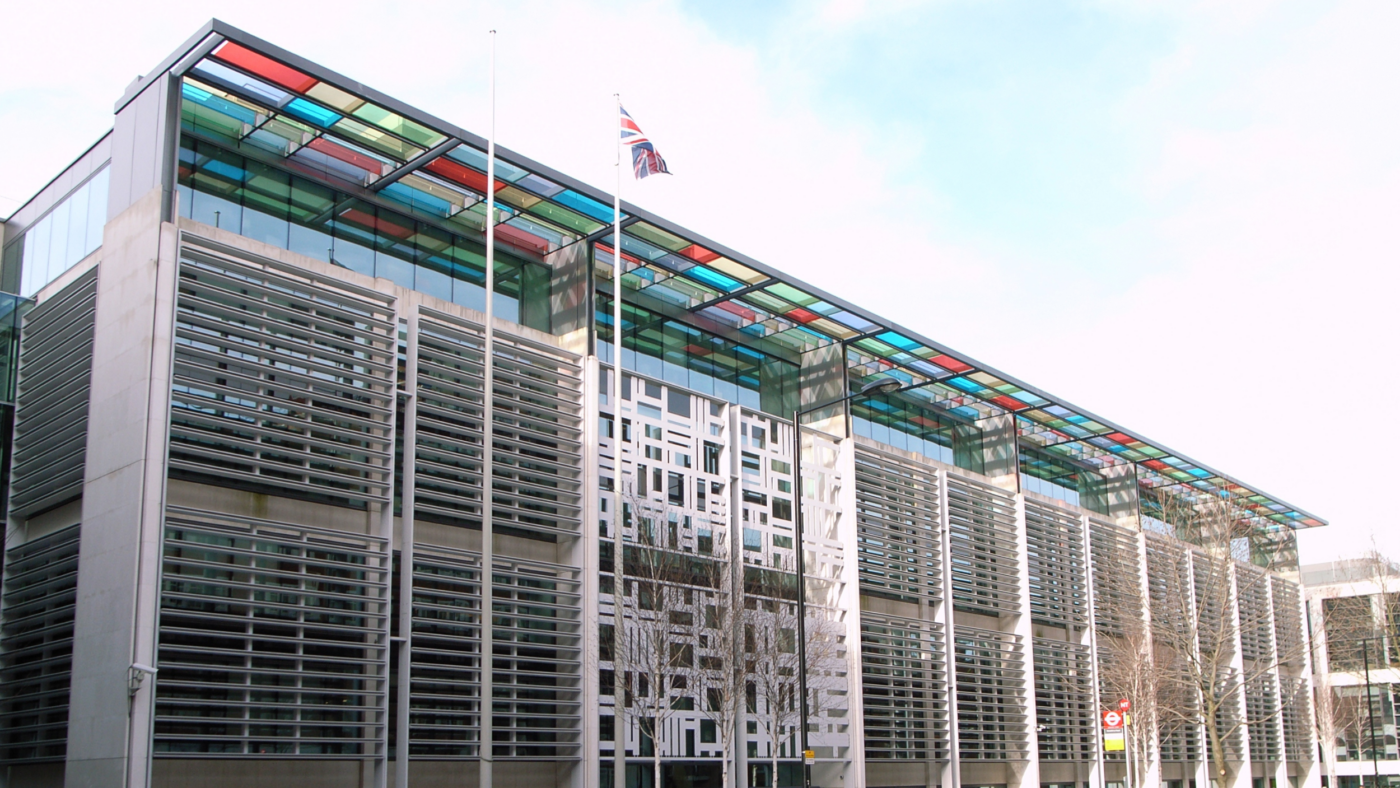Brigadier David Neal ended his Army career as Provost Marshal and head of the Royal Military Police. In 2021, Priti Patel chose him to be Independent Chief Inspector of Borders and Immigration, to monitor the Home Office’s immigration, asylum, nationality and customs functions. Last month, the current Home Secretary, James Cleverly, dismissed Neal just before the end of his three-year term for making critical comments about the Government’s immigration policy to the media.
Now Neal has gone further. ‘The Home Office is dysfunctional’, he told the BBC’s Today Podcast. He added, ‘the Home Office needs reform’. He described poor operational performance, a lack of responsibility and accountability and a culture of ‘blaming up to ministers’. Senior officials would listen to his criticisms of the borders and immigration system, but would roll their eyes helplessly to indicate that they were powerless in the face of ‘beastly’ ministers.
His argument is that the dysfunction is endemic in the Home Office and its operational units. ‘If you’re going to be accountable for the outputs of your department, then clearly it goes right up to the Permanent Secretary’, he concluded.
We have been here before. Nearly 20 years ago, the then Home Secretary John Reid made his first appearance before the Home Affairs Committee. He was frank about the problems of the immigration system he had just inherited from Charles Clarke: ‘Our system is not fit for purpose. It is inadequate in terms of its scope, it is inadequate in terms of its information technology, leadership, management systems and processes’.
Reid went on to take drastic action. In May 2007, the Home Office was radically restructured. Its responsibilities for criminal justice, legal affairs and prisons and probation were combined with the Department for Constitutional Affairs to form the new Ministry of Justice, while it had already replaced the Cabinet Office as lead department for ‘security threats in the UK, including their overseas dimension’. This was intended to focus the Home Office as a ministry for national security; Reid had also been rumoured to have wanted control of the Secret Intelligence Service and GCHQ but was rebuffed.
The changes cemented the phrase ‘not fit for purpose’ in our political culture – it derives from consumer protection law – but it is hard to say that the Home Office’s supposed dysfunction was solved. Immigration has remained consistently above the Government’s stated targets, and the ‘hostile environment’ policy revealed by Theresa May in 2012 led ultimately to the resignation of her successor Amber Rudd in 2018 during the Windrush scandal.
There have been repeated attempts at institutional reform. In 2008, the Border and Immigration Agency and UK visas were combined with functions of HM Revenue and Customs to create the UK Border Agency (UKBA). In 2012, its border control function was hived off to create Border Force, and the following year the rest of UKBA was dismantled as an executive agency and split into UK Visas and Immigration and Immigration Enforcement. UKBA was blamed for a ‘secretive culture’ and poor performance, and returning its functions to direct ministerial control was intended to create ‘high-quality decisions’.
Clearly these changes have not worked. They betray a faith in organisational change as a magic bullet, searching for policy solutions through the right mechanisms and processes. Neal is an experienced and capable man with a no-nonsense military attitude, and he identified ‘this challenge in the Home Office of policy people versus operational people’. But he is silent on the wider picture.
Immigration policy is failing for several reasons which interact with each other. There have been 13 immigration ministers in the 17 years since the Home Office was restructured, serving under 10 home secretaries, and they have provided weak and sometimes contradictory leadership. Seven of those home secretaries lasted less than 18 months in the post.
Political focus on illegal migration, like Rishi Sunak’s pledge to ‘stop the boats’, has concentrated on a small part of the migration process, but has been unable to deal with the problem. The current scheme to divert would-be migrants to Rwanda may be ruinously costly and is unlikely to effect substantial change, if it ever goes ahead.
Meanwhile the significant quantum lies elsewhere. The introduction of a points-based immigration system in 2008 failed to control numbers significantly, and the foreign-born UK population rose from 5.3m in 2004 to nearly 9.3m in 2018. Net migration has soared since 2020, and in 2022 alone was 745,000.
Ripping up the Home Office’s organogram or shuffling its internal divisions will not make immigration policy magically and suddenly effective. The UK needs clear, stable and consistent political leadership, coherent and workable strategies and high-quality, properly resourced staff to devise and execute policy. The current department is very far from that, but Labour has made few specific promises on targets, resources or overall aims. Expect more of the same for the time being.
Click here to subscribe to our daily briefing – the best pieces from CapX and across the web.
CapX depends on the generosity of its readers. If you value what we do, please consider making a donation.


